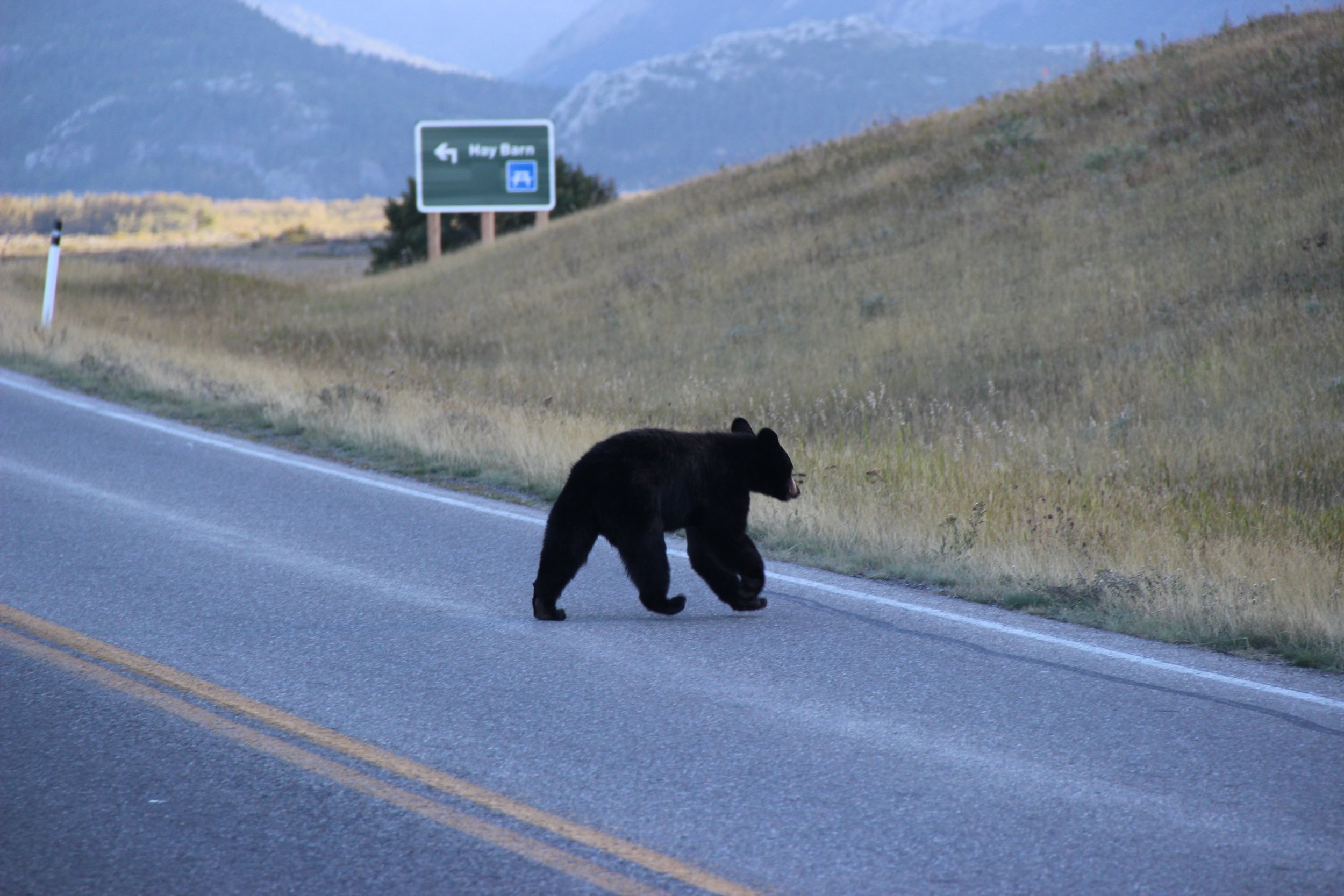
My next book, Crossings: How Road Ecology is Shaping the Future of Our Planet, will be published by W.W. Norton & Company in September 2023.
Crossings chronicles the emergent field of road ecology, the science of how transportation infrastructure shapes nature and how to manage its effects. For humans, roads are so ubiquitous they’re invisible; for animals from leopard frogs to Tasmanian devils, they’re forces of death and disruption. Today, road ecologists are striving to blunt their impacts: Researchers are designing freeway-spanning bridges for cougars, elephants, and pangolins; planting roadsides with prairie for butterflies; and deconstructing our forests’ labyrinth of logging roads. While road ecology was born in North America and Europe, today it’s particularly vital in the developing world, where 15 million road-miles will be built by 2050—an “infrastructure tsunami” that may simultaneously lift countless people out of poverty and, if poorly planned, destroy the world’s last intact habitats. A sweeping, spirited, and timely investigation into how humans have altered the natural world, Crossings also shows us how to create a better future for all living beings. Crossings chronicles the emergent field of road ecology, the science of how transportation infrastructure shapes nature and how to manage its effects. For humans, roads are so ubiquitous they’re invisible; for animals from leopard frogs to Tasmanian devils, they’re forces of death and disruption. Today, road ecologists are striving to blunt their impacts: Researchers are designing freeway-spanning bridges for cougars, elephants, and pangolins; planting roadsides with prairie for butterflies; and deconstructing our forests’ labyrinth of logging roads. While road ecology was born in North America and Europe, today it’s particularly vital in the developing world, where 15 million road-miles will be built by 2050—an “infrastructure tsunami” that may simultaneously lift countless people out of poverty and, if poorly planned, destroy the world’s last intact habitats. A sweeping, spirited, and timely investigation into how humans have altered the natural world, Crossings also shows us how to create a better future for all living beings.
In 2019, I received a year-long fellowship from the Alicia Patterson Foundation to write a series of articles about roads and nature; these stories appeared in the Atlantic, the Believer, and High Country News. In 2020, my manuscript-in-progress received the Whiting Foundation’s Creative Nonfiction Grant. Here’s what the Whiting judges had to say:
“Ben Goldfarb’s impassioned quest to understand the ecology of roads and its impact on the natural world is a marvel. The reader learns something new on every page, disturbed and amazed in equal measure. Goldfarb moves us briskly along the manipulated ecosystem of the highway, with vivid, evocative pitstops for environmental history, ecology, and the built environment. With 15 million additional miles of road scheduled to be built over the globe in the near future, the time for this book is now. Crossings adds a new perspective to conversations on how humans have reshaped life on earth.”